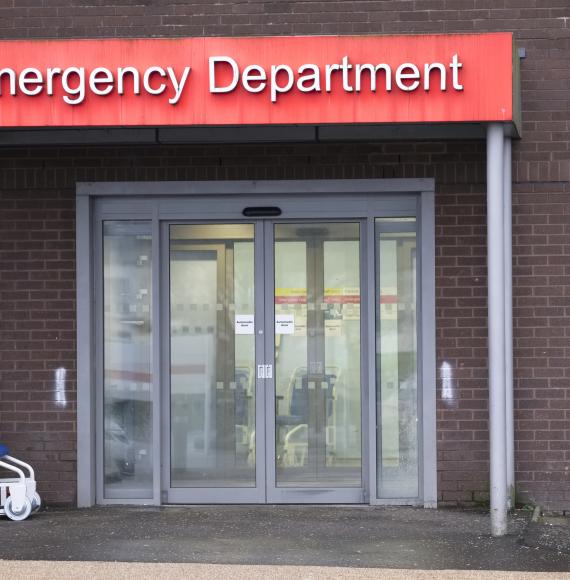There is growing risk of “serious and detrimental impacts” on NHS services if staff shortages are allowed to continue, NHS Providers has warned.
This would include hindering efforts to tackle the significant treatment backlog and improving access to services, with calls for the Government to accept a proposed amendment to the Health and Care Bill which would strengthen workforce planning.
NHS Providers collated insights from a survey of health leaders, with an overwhelming majority of NHS trust leaders (89%) suggesting they did not think the NHS had robust plans in place to tackle workforce shortages.
With a current estimated 110,000 vacancies across the NHS, there are fears have not yet outlined a clear enough strategy to address the staffing shortages or long-term needs of the NHS workforce.
The NHS Providers survey sought input from NHS trust leaders from a range of bodies in England including hospital, mental health, community and ambulance trusts.
It found:
- Almost all trust leaders (97%) say that current workforce shortages are having a serious and detrimental impact on services.
- Almost all (98%) say that shortages will slow down progress in tackling the growing care backlog.
- Almost all (97%) say the lack of certainty over workforce supply may impact the ability of the NHS to retain staff.
NHS organisations are also having to manage burnout among their staff and keep morale positive despite significant pressures – with fears that a lack of clarity and certainty over future workforce planning and supply will further intensify this over the next 5-10 years.
That could see more healthcare professionals leaving the health service, as well as a negative impact on patients or NHS trusts needing longer to meet backlog recovery targets and reduce patient waiting times.
To help address this, the survey data found NHS trust leaders overwhelmingly (88%) wanted the Government to be required by law to publish regular, independent assessments of how many health and social care staff are needed.
These figures would be measured in order to keep pace with the projected demand over the next five, ten and 20 years.
The House of Lords passed an amendment to the health and care bill last month, supported by NHS Providers, parliamentarians from all major parties and over 100 other health and care representative organisations, which would enable this to take place.
Saffron Cordery, Deputy Chief Executive of NHS Providers, said: "NHS trusts and their overstretched staff are working incredibly hard to cut waiting times against a backdrop of worryingly high numbers of Covid-19 cases in hospitals, but they’re doing this with one hand tied behind their backs.
"Our survey makes clear the grave consequences of staffing gaps for quality of care, patient safety and staff morale.
"The message from trust leaders to the government is loud and clear.
"Take this once in a decade opportunity to tackle long-standing failures in workforce planning and accept the solution offered by the workforce amendment when the health and care bill returns to the House of Commons.
"We need the government to commit to publishing regular assessments of how many health and social care staff are needed to keep pace with projected demand over the next five, ten and 20 years.
"This action would give NHS staff immediate hope that the government is taking this problem seriously, helping to retain those in the workforce today.
"A failure to do so would almost inevitably compound staff shortages and workforce 'burnout', just as the NHS strives to reduce backlogs in care.
"The government must set out how it plans to tackle 110,000 NHS staff vacancies and make workloads sustainable. A long-term plan for a resilient workforce is vital."



















